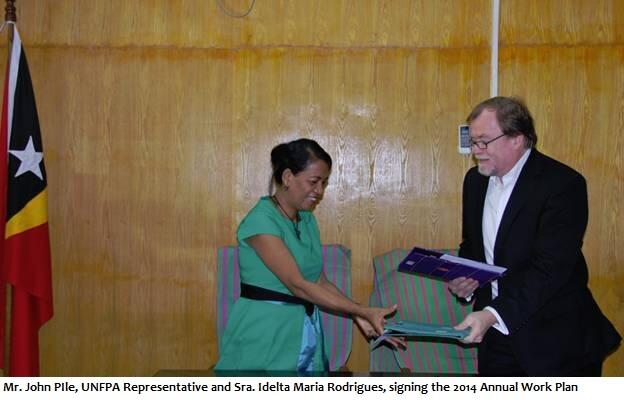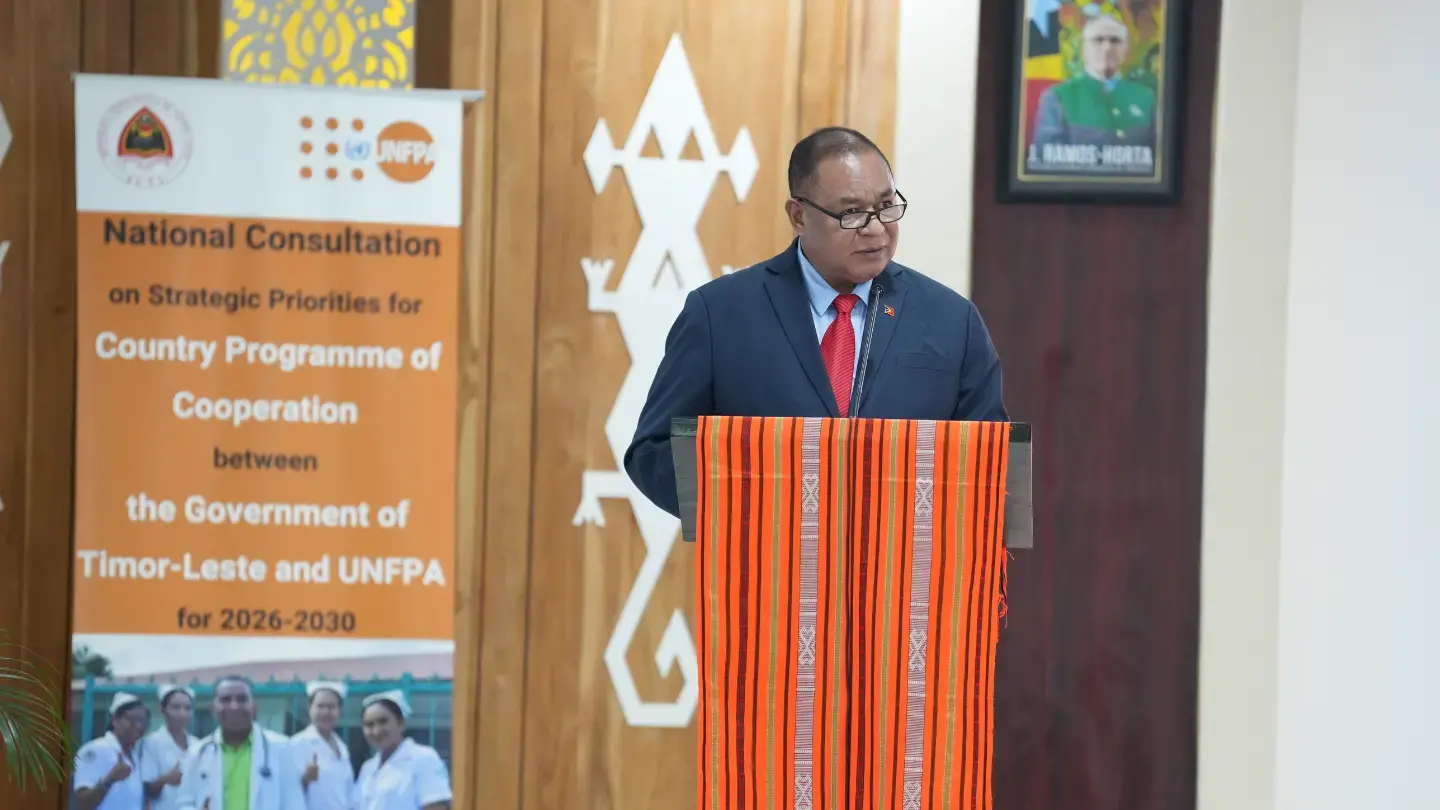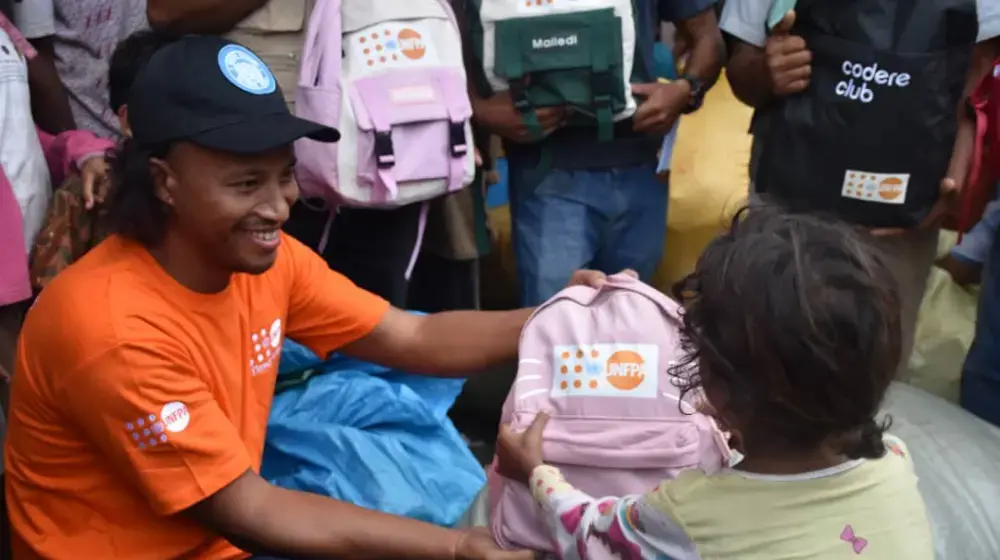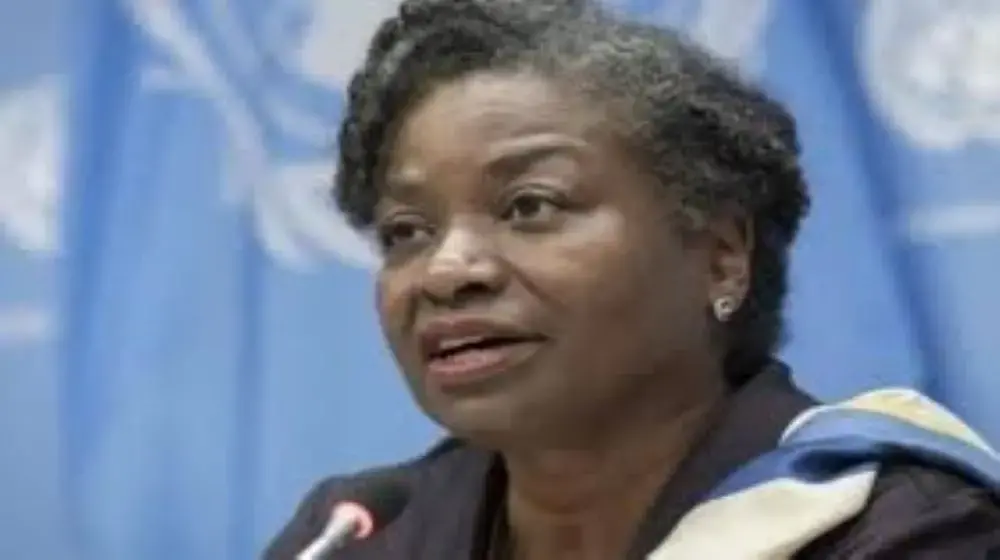The Secretary of State for Promotion of Equality (SEPI) and United Nations Population Fund (UNFPA) signed the 2014 Annual Workplan today to support the elimination of gender inequality in Timor-Leste.
The Secretary of State for Promotion of Equality (SEPI) and United Nations Population Fund (UNFPA) signed the 2014 Annual Workplan today to support the elimination of gender inequality in Timor-Leste.
During the signing ceremony, Mr. John M. Pile, UNFPA Representative emphasized that "in 2014, we build on one of the most successful areas of cooperation between UNFPA and SEPI during the previous years, which is to support the government of Timor-Leste in the implementation of the national Law against Domestic Violence (LADV through the national action plan on gender-based violence."

Since 2003, UNFPA has been committed to contribute to the achievement of gender equality and women's empowerment in Timor-Leste, most importantly through elimination of gender-based violence.
In 2013, UNFPA supported SEPI to implement activities outlined in the National Action Plan (NAP) on gender-based violence. UNFPA supported five NGOs[1] to provide support to the survivors of GBV. The NGOs provide access to medical, shelter, counseling and legal services to more than 350 women and children who have been victims of domestic and gender-based violence. They are also provided with services such as computer education, life skills, English and vocational skills.
During the signing ceremony, Sra. Idelta Maria Rodqigues, the Secretary of State for Promotion of Equality, called on the representatives of the national NGOs, who were present in the meeting, to commit to full accountability and responsibility for the execution of the annual workplan.

In addition, last year, UNFPA supported the Ministry of Social Solidarity in Timor-Leste in strengthening referral mechanisms and standard operating procedures for cases of gender-based violence throughout the country. Thirteen GBV caseworkers were employed by the ministry to support case management, data collection for cases as well as establishing and managing of the shelters for survivors and victims of GBV. In addition, UNFPA provided technical support for training sessions on GBV and LADV for the Timor-Leste Lawyers' Association (AATL).
UNFPA also supported a variety of education programmes for teachers and students in several schools in Baucau and Ermera Districts. Moreover, about 65 Police officers received peer training on LADV and GBV issues. A number of prisoners charged with GBV also received training on controlling violent behavior and anger management, supported by SEPI and UNFPA.




